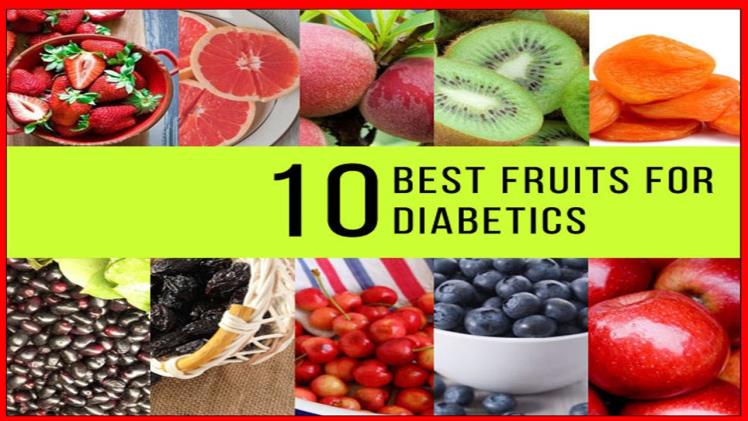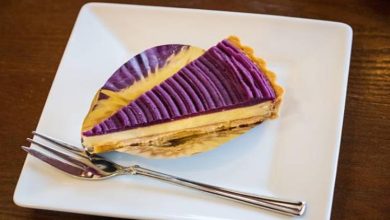
Introduction
There are therapies available to control and monitor diabetes, but no complete cure exists yet. Diabetes is one of the most widespread challenges affecting India, as more than 41 million people are affected by diabetes. This includes diagnosed and undiagnosed types of type 2 diabetes. As more people are diagnosed with diabetes, determining what to eat may become increasingly complex, leaving many people with diabetes perplexed at mealtime. To ease out the process, we have chosen the best fruits for diabetics; read on for more information.
Blueberry
There are 80 calories, 20 grams of carbohydrates, and 3 grams of fibre in one cup of blueberries. It is also an excellent source of vitamin C, supplying 15% of the required daily dose. In addition, blueberries include vitamin K, which helps regulate blood clotting and bone metabolism; manganese, which aids in bone growth and macronutrient conversion.
Blueberry has a low glycemic index (53). This fruit is also loaded with phytonutrients known as polyphenols, which include the blue-red pigment anthocyanins. They are also recognised as “heart-healthy” by the Heart-Check Food Certification Program of the American Heart Association.
Apple
One medium-sized apple has 77 calories, 2 grams of fibre, and 21 grams of carbs. It also contains vitamin C. Apples generally have a low glycemic index (approx. 36); however, for people with diabetes, tart green apples, such as granny smith apples, are the best.
Apples also include the flavonoids phloridzin and quercetin, which, according to a study, can prevent heart disease and cancer.
Watermelon
This delectable melon consists of 92% water. It has 80 calories, 21 grams of carbohydrates, and 1 gram of fibre per two-cup serving. It includes 25 per cent of the recommended daily dose of vitamin C, as well as vitamins A and B6, potassium, magnesium, thiamine, and phosphorus. Though watermelons have a high glycemic index (80), serving a watermelon has so little carbohydrate that the GI load is merely 5.
Additionally, watermelon includes a greater concentration of phytonutrient lycopene than many other fresh fruits and vegetables. Lycopene has been demonstrated to help individuals with prehypertension or hypertension and lowers their blood pressure. In addition, research has linked increased lycopene consumption to a reduced risk of prostate cancer.
Strawberries
Eight medium strawberries have 45 calories, 7 grams of sugar, and 12 percent of the daily recommended dietary fibre intake per serving. It is also a good source of vitamin C, delivering 140 per cent of the required dosage, as well as folate and potassium. With a glycemic index of 41, strawberries are good for people with diabetes.
Additionally, strawberries contain ellagic acid, an antioxidant that protects your cells from damaging free radicals. Ellagic acid may also improve immune function and decrease inflammation, and there is evidence that it may lessen the chance of developing some types of cancer. It also contains flavonoids, naturally occurring plant chemicals that may lessen the risk of cancer, cardiovascular disease, and cognitive decline.
Oranges
Citrus fruits are renowned for their vitamin C content, which enhances immunity and promotes wound healing. The pulp offers additional fibre, while the segments (the slices) contribute to portion control. Oranges have a glycemic index of 52, but the glycemic load is 4.4, which is low and good for diabetics.
Oranges are also good for hydration and contain electrolytes to help you achieve your daily fluid needs beyond water. In addition, electrolytes can contribute to blood pressure regulation and muscular function.
What About Fruit Juice?
A third to a half cup of fruit juice contains around 15 grams of carbohydrates.
The findings on fruit juice and diabetes are contradictory:
- A 2013 study that followed thousands of individuals over several years found that fruit juice drinking is strongly connected with an increased risk of type 2 diabetes.
- A 2017 meta-analysis of randomised controlled studies indicated that drinking 100 per cent fruit juice is not related to an increased risk of diabetes. However, the study cautions that further research is required to understand the effect of 100 per cent fruit juice on blood glucose management and maintenance.
- The American Dietetic Association suggests consuming juice in small amounts, no more than 4 ounces per day. In addition, it advises reading the label to ensure that the juice is 100 per cent fruit juice with no added sugar.
In general, whole fruits for diabetics are preferable to fruit juice. The fibre content of whole fruits slows digestion. This will make you feel full and prevent your blood sugar levels from rising as rapidly as they would if you had had the fruit in liquid form. But if you are not feeling well, you must consider the Fasting Blood Sugar Test.
Fasting Blood Sugar Test
A fasting blood sugar test measures your blood sugar levels. It is the best way to keep a tab on blood sugar after consumption of raw fruits or fruit juices.
Conclusion
Some fruits, such as highly ripe bananas, have a high glycemic index (GI). Therefore, diabetics should avoid or consume them in moderation. The consumption of processed, canned, or dried fruits with added sugar should also be limited. However, fruits for diabetics remain an essential component of a balanced diet, as it provides essential nutrients.



